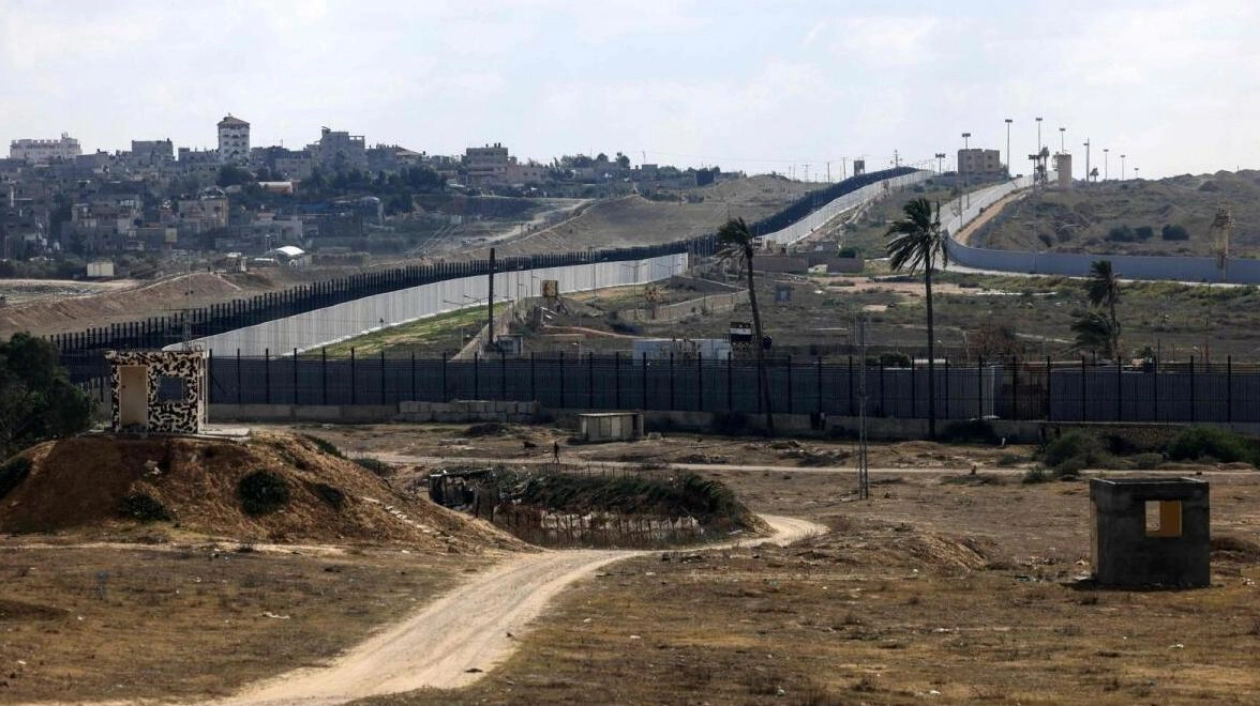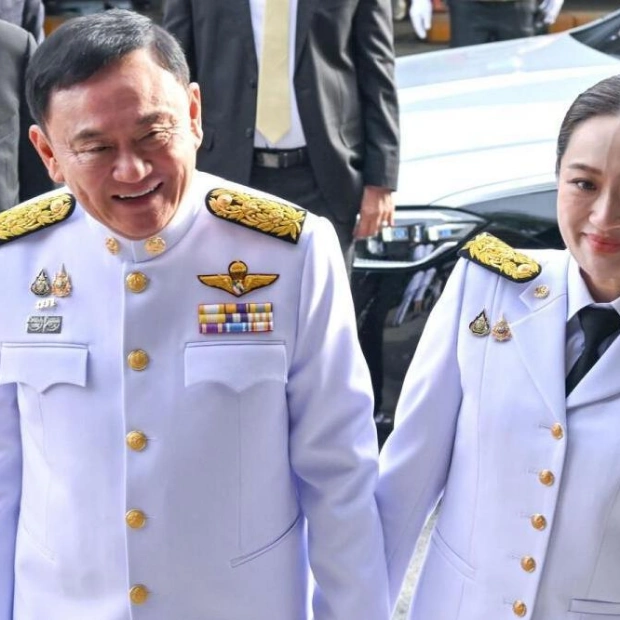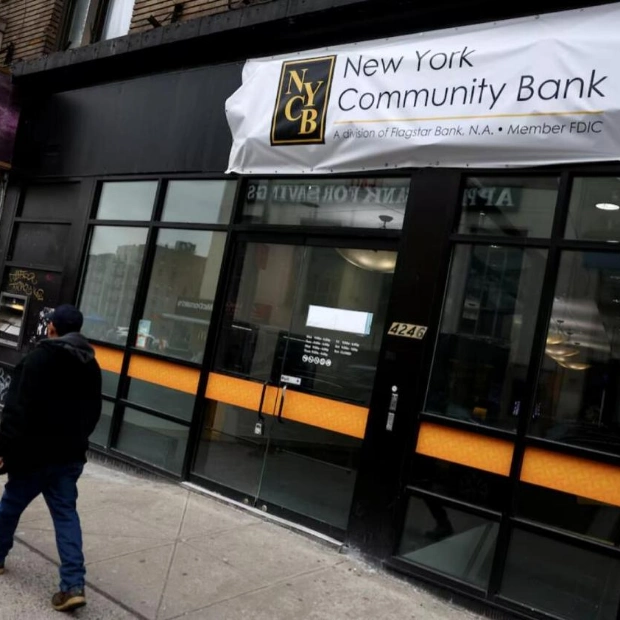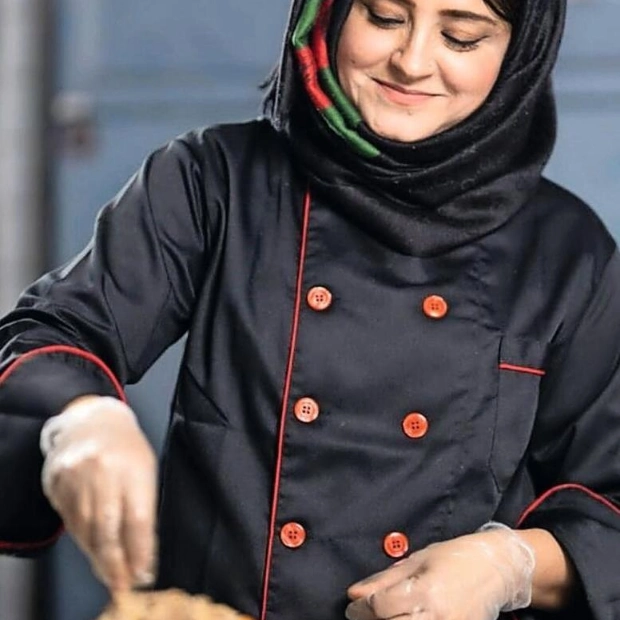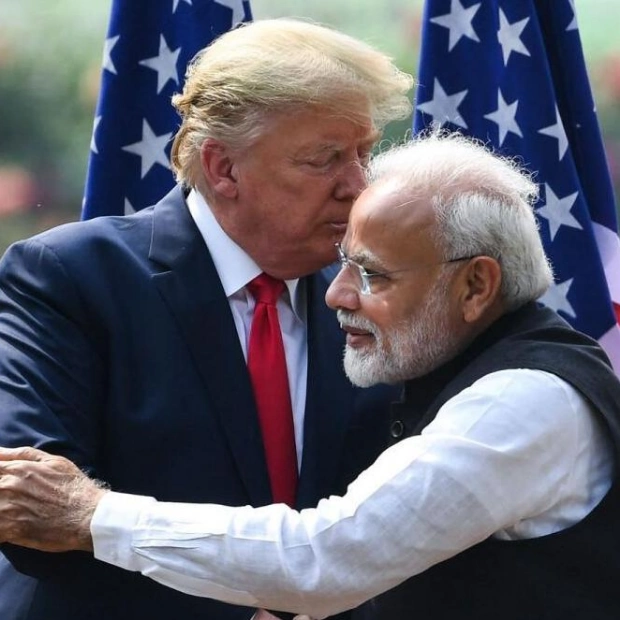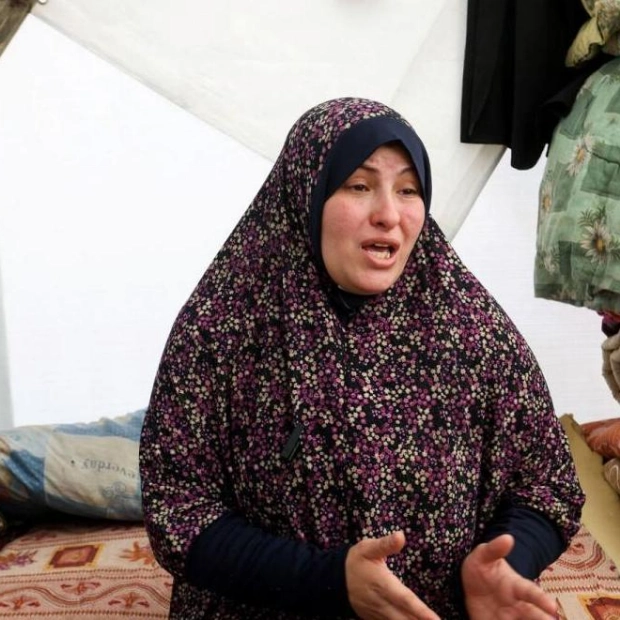Intense shelling and gunfire shook Rafah in southern Gaza on Thursday, with residents reporting Israel's seizure of a strategic corridor along the border with Egypt. Despite international concerns for Palestinian civilians in the city, the Israeli military launched an incursion into Rafah in early May. A recent strike resulted in a fire and numerous casualties in a displacement camp, drawing widespread condemnation and sparking a social media campaign under the slogan 'All eyes on Rafah'.
Israel's announcement of seizing the 14-kilometre Philadelphi corridor along the Gaza-Egypt border, alleging its use for weapons smuggling, raised tensions. The military spokesman revealed the discovery of around 20 tunnels in the area, while Egypt refuted claims of smuggling tunnels beneath the buffer zone, alleging political motives behind Israel's operations in Rafah.
Egyptian officials raised concerns of a potential violation of the 1979 peace deal with Israel due to the takeover of Philadelphi, but no official comment has been made by Cairo since Israel's announcement. During a visit to Beijing, Egyptian President Abdel Fattah Al Sisi called for increased humanitarian assistance to besieged Gaza and reiterated opposition to displacing Palestinians.
Witnesses reported ongoing fighting in central and western Rafah, with casualties and destruction in various areas. The conflict has led to a significant exodus of civilians from Rafah, exacerbating the humanitarian crisis. The UN agency for Palestinian refugees reported the displacement of one million people from the area since the offensive began, leaving a dire situation for those remaining in the city.
The Israeli military confirmed striking over 50 targets across Gaza, uncovering weapons, explosives, and tunnel shafts in Rafah. The deadly weekend strike on a displacement camp prompted discussions at the UN Security Council and a proposed ceasefire resolution. International efforts for a resolution were evident, with countries like France and Algeria expressing determination to address the situation in Rafah.
The conflict also sparked discussions on the recognition of Palestinian statehood, with several countries considering formal recognition. Amid these developments, Israel's National Security Adviser highlighted the potential for prolonged fighting to achieve the destruction of Hamas's power and military capabilities, signaling a prolonged conflict.
The war cabinet minister's proposal for early elections in Israel showcased internal political dynamics. Despite international concerns, the United States indicated no red lines crossed by Israel, and the seizure of the Rafah crossing continues to impact aid deliveries and the movement of people in and out of Gaza.
The Gaza health ministry called for the opening of crossings and facilitation of the exit of the sick and wounded for treatment abroad, emphasizing the pressing humanitarian needs amidst the ongoing conflict.
